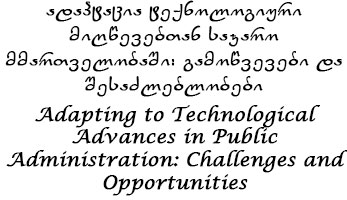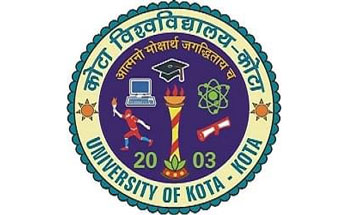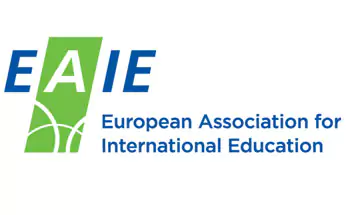 Technological development is becoming increasingly important for the development of public administration. The correlation between public administration and technological development can be safely called symbiotic, where technology plays an important role in improving the efficiency and availability of public services. The purpose of the blog is to define the importance of technological development for the progress of public administration. It also identifies how public service delivery reflects the adaptation of technological advances in public administration.
Technological development is becoming increasingly important for the development of public administration. The correlation between public administration and technological development can be safely called symbiotic, where technology plays an important role in improving the efficiency and availability of public services. The purpose of the blog is to define the importance of technological development for the progress of public administration. It also identifies how public service delivery reflects the adaptation of technological advances in public administration.
Technological development is of paramount importance to the development of public administration for several reasons. First, technology allows governments to streamline administrative processes, automate a number of tasks, and improve the overall efficiency of service delivery. Digital platforms and data analytics can speed up the time and pace of information processing, reduce bureaucracy, and improve resource allocation in public administration.
Second, technological advances increase the transparency and accountability of public administration. Digital tools, such as e-government platforms and open data initiatives, enable greater access to information and citizen participation in public governance processes. Transparent and accountable systems build public trust and contribute to the successful implementation of good governance principles.
Third, technology opens up opportunities for innovation in public service delivery. The introduction of new technologies such as blockchain can revolutionize the way government services are delivered, making them more personalized and citizen-centric.
The relationship between public administration and technological development is reciprocal. Technological advances affect the functioning and efficiency of public administration, providing the tools and infrastructure needed to modernize administrative processes.
The provision of public services is a clear example of how public administration adapts to technological advances. Governments around the world are using various technological tools to improve service delivery and quality of service to citizens. Online portals, mobile applications, and digital platforms allow citizens to access services remotely, reducing the need for physical visits and bureaucratic procedures. For example, Estonia, as a member state of the European Union, has implemented an advanced digital management system. This system allows citizens to access government services through a convenient digital platform.
EU countries have made significant progress in using technological advances to develop their public administration systems. For example, Denmark has implemented a digital identification system that allows citizens to securely access government services online.
Regarding the use of EU technological achievements, countries such as Georgia have the opportunity to learn from the experience of EU member states and adapt relevant practices to their own public administration systems. EU-supported joint initiatives, knowledge-sharing platforms, and capacity-building programs can help Georgia to use technology to effectively deliver public services.
Georgia is facing various challenges in the way of mutual cooperation of public administration and technological achievements. Some of the challenges include limited infrastructure, lack of digital literacy among citizens, and bureaucratic resistance in public structures. Providing appropriate digital infrastructure, investing in digital skills development, and promoting openness to change are important steps to address these challenges. Also, to successfully overcome these challenges, forging partnerships with technology companies, encouraging entrepreneurship and innovation, and leveraging EU support and expertise will further strengthen Georgia’s ability to adapt technological advances to public administration.
Technological development plays an important role in promoting the efficiency, transparency, and participation of citizens in public administration. The provision of public services is an example of the adaptation of technological advances in public administration. Georgia faces challenges in terms of bringing public administration into line with technological advances, but also has an opportunity to use its resources and external support to implement digital transformation. By overcoming technological advances and challenges, Georgia can improve public administration systems and provide effective, citizen-oriented services to the population.





